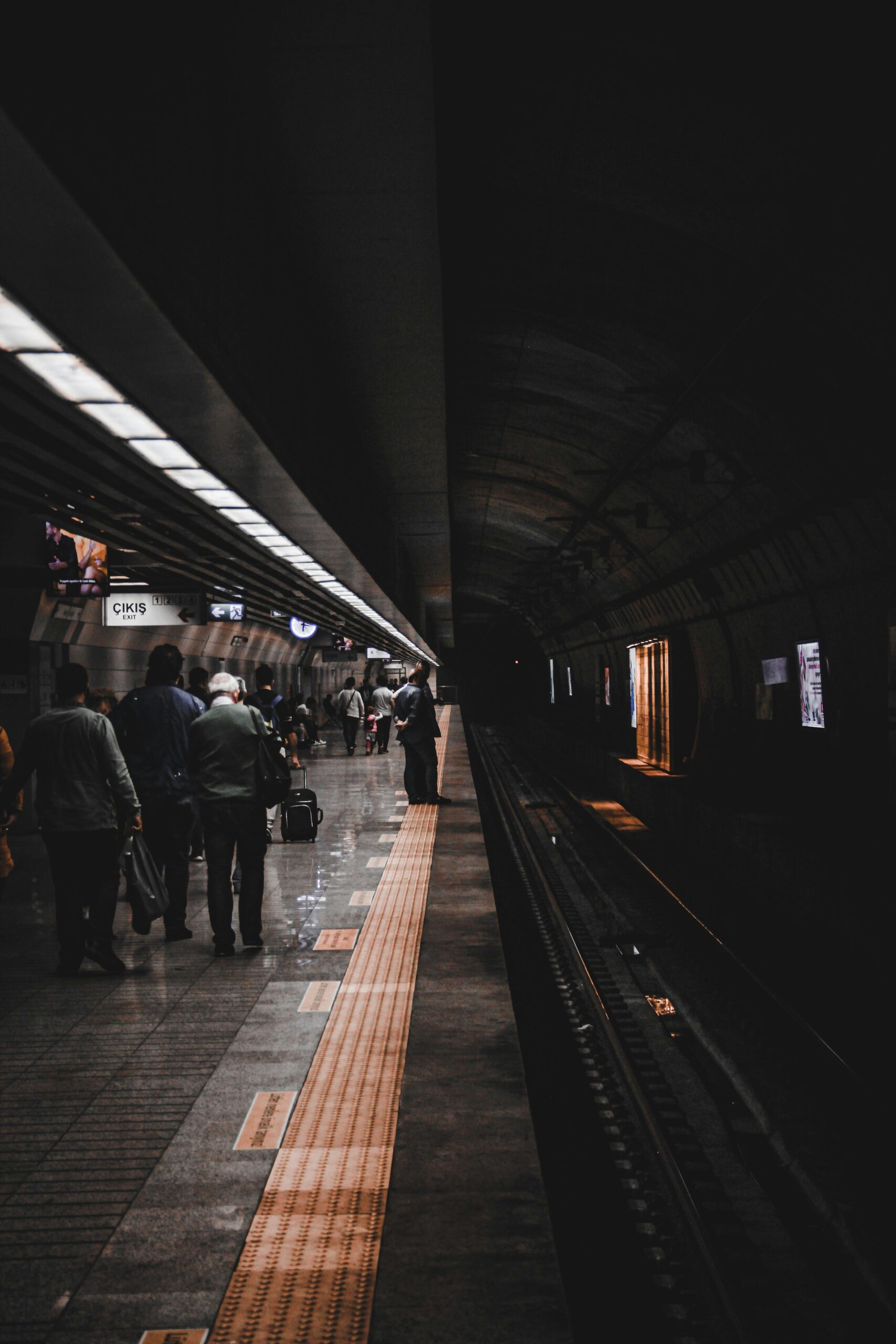
15 Jan Are Cape Town Trains Safe? – Tips for Secure Travel
Uncover the truth about Cape Town trains. Learn safety tips, explore alternatives, and find out if trains are the right choice for navigating the city.
Are Cape Town Trains Safe? – Tips for Secure Travel
Cape Town’s train system has long been a topic of debate, with questions about safety, efficiency, and convenience taking center stage. For locals and visitors alike, navigating the city’s public transportation can feel daunting, especially when considering the city’s history of transport challenges. But how safe are Cape Town trains, and is it a viable option for commuting or exploring the city? Let’s delve deeper into the state of Cape Town’s train system, its pros and cons, and how you can stay safe while using it.
The State of Cape Town’s Train Network
Cape Town’s train services are managed by PRASA (Passenger Rail Agency of South Africa) and primarily cater to the city’s working-class communities. The train network connects central Cape Town with surrounding suburbs like Khayelitsha, Mitchells Plain, and Simon’s Town. It plays a crucial role in providing affordable transportation to thousands of daily commuters.
However, the train system has faced ongoing challenges. Vandalism, cable theft, and aging infrastructure have significantly affected operations, leading to frequent delays and unreliable schedules. While efforts to improve the system are underway, the train network is still far from ideal for seamless travel.
Explore safe alternatives for getting around Cape Town: Things to Do in Cape Town.
Safety Concerns on Cape Town Trains
Safety on Cape Town trains remains a primary concern. Passengers have reported incidents of pickpocketing, muggings, and even violent crimes, particularly during off-peak hours or in isolated stations. Security measures, such as visible police presence and surveillance cameras, are often inconsistent, leaving many feeling vulnerable while commuting.
To minimize risk, here are some tips for train travel in Cape Town:
- Avoid traveling during late hours or when stations appear deserted.
- Stick to first-class or metro-plus carriages, which are generally less crowded and safer.
- Travel in groups when possible, especially during peak times when carriages are fuller.
Efforts to Improve Safety
In recent years, PRASA has implemented various measures to enhance the safety of Cape Town trains. Security upgrades, such as deploying armed guards and introducing train marshals, are steps in the right direction. Additionally, community patrols and increased collaboration with local law enforcement aim to create a safer environment for commuters.
The South African government has also allocated significant funding to modernize the rail system. Initiatives include replacing older trains with modern, high-tech carriages and upgrading station facilities to improve both safety and efficiency.
Explore Cape Town safely: Things to Do in Cape Town.
Alternatives to Cape Town Trains
For travelers or those unfamiliar with the train system, there are several safer alternatives:
- Minibus Taxis: These are widely available and connect most parts of Cape Town, but they can be intimidating for first-time users. Stick to well-marked routes and avoid overcrowded taxis.
- MyCiTi Bus Service: Cape Town’s MyCiTi bus system is a reliable and safe alternative. With dedicated lanes, strict schedules, and well-lit stations, it’s a favorite among locals and tourists alike.
- Ride-Hailing Services: Apps like Uber and Bolt provide a convenient and secure way to get around the city. While slightly more expensive, they offer peace of mind, especially for nighttime travel.
- Car Rentals: Renting a car allows for flexibility and safety. Many reputable companies operate in Cape Town, offering options to suit various budgets.
The Tourist Perspective: Should Visitors Use Cape Town Trains?
For visitors exploring Cape Town, trains are not the most recommended option unless you are well-versed in the local transport landscape. Popular tourist destinations like Table Mountain, Camps Bay, and the Cape Winelands are not directly accessible via train, making other modes of transport more practical.
However, the Southern Line, which runs between Cape Town and Simon’s Town, offers a scenic route that includes picturesque stops like Muizenberg and Kalk Bay. Travelers opting for this route should still exercise caution, stick to daylight hours, and use first-class carriages for added safety.
Enhancing Your Travel Experience in Cape Town
While public transport like trains can be challenging, Cape Town offers a wealth of private tour options and guided experiences to help you explore the city without worry. From private shuttles to group tours, there are numerous ways to discover the city’s beauty while ensuring your safety.
Explore more with trusted local guides: Things to Do in Cape Town.
Final Thoughts on Cape Town Trains
Cape Town’s train system plays an essential role in connecting communities, but safety concerns cannot be overlooked. While it remains an affordable transport option, both locals and visitors should take necessary precautions to ensure a safe journey. For tourists, alternative options like the MyCiTi bus or private transport are often more convenient and secure.
With ongoing efforts to modernize the rail system and enhance safety, there’s hope for a brighter future for Cape Town’s trains. Until then, being vigilant and opting for well-maintained routes can make a significant difference in your travel experience.
